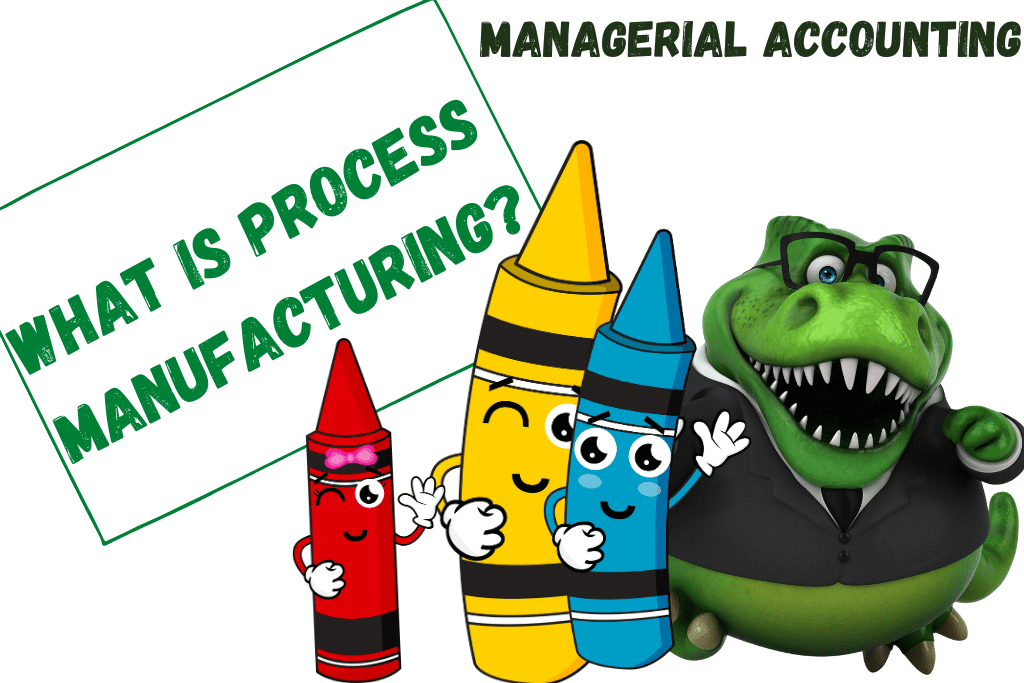In manufacturing, there are two main methods of production: process manufacturing and discrete manufacturing. While both methods produce tangible goods, they are fundamentally different in their approach to production.
Process manufacturing is a method of production that involves creating a product through a continuous or semi-continuous series of steps. In this type of manufacturing, the product is typically made in large quantities and cannot be easily disassembled into its individual components. Process manufacturing is commonly used in industries that produce liquids, powders, and gases, such as chemical, pharmaceutical, and food production.
In discrete manufacturing, the process is linear or routed, meaning the product passes from one distinct phase to the next. This method is common with manufacturers of vehicles, recreational vehicles, and manufactured homes.
In process manufacturing, the raw materials are combined through a series of steps to produce the finished product. The production process is typically designed to be consistent and repeatable, with little room for customization or variation. Once the production process has started, it is difficult to change course or modify the product. An example of a process manufacturer is a company that makes crayons, tracking mass produced items with specific processes, such as melting wax, adding color, molding, labeling, and packaging.
Process manufacturers typically use specialized equipment and machinery to produce their products. They also require a high level of precision and quality control to ensure that the finished product meets strict standards.
One key advantage of process manufacturing is that it is often more efficient than discrete manufacturing. By producing products in large quantities, process manufacturers can take advantage of economies of scale, which can help lower the cost per unit. Additionally, the use of specialized equipment and machinery can help to automate many of the production processes, further increasing efficiency.
However, one major disadvantage of process manufacturing is that it can be difficult to adapt to changing customer needs or preferences. Since the production process is designed to be consistent and repeatable, it can be challenging to introduce new products or make modifications to existing products.
While process manufacturing offers many advantages, including increased efficiency and lower costs, it can also be challenging to adapt to changing customer needs or preferences.

